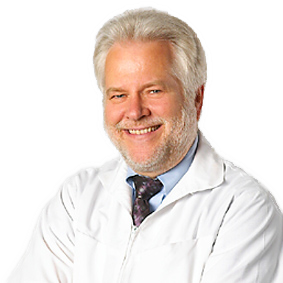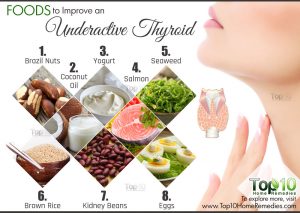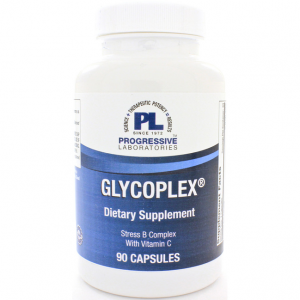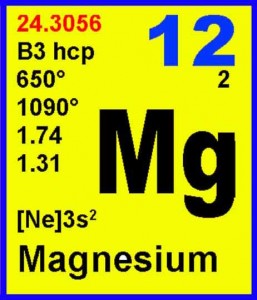The Role of Vitamins and Minerals in Thyroid Disease
We all know that we should eat the right foods in order to obtain all the necessary vitamins to maintain good health. Lack of certain vitamins and minerals can cause thyroid deficiency and if you have thyroid deficiency, the vitamins you are taking in are unable to be processed properly.
Both Stephen Langer in his book Solved: 'The Riddle of Illness' and Dr Ridha Arem in his book 'The Thyroid Solution', tell us that people with thyroid problems should make sure they get enough vitamins, either by eating plenty of the foods containing these vitamins or by supplements. Many people now lead very busy lives and donít have time to eat properly. Many young woman miss meals altogether to lose weight without realising that this can cause problems for your thyroid. Even if you try and eat properly, by the time we purchase, prepare and cook everyday foods, most of the nutrients have disappeared and we believe supplements are essential to maintain a good thyroid. Lack of protein in a vegetarian diet of a thyroid deficient person can also cause problems. One thing doctors donít tend to do now, unless you go to an alternative therapist, is check you for vitamin and mineral deficiencies. You might be surprised to find that you are deficient in quite a few of these vitamins. We are hearing more and more that a lot of us are suffering from pernicious anaemia. Make sure you are checked for this next time you see your doctor.
Vitamin A (not carotene)
Carotene is a precursor of Vitamin A. An underactive thyroid gland cannot efficiently convert carotene to usable Vitamin A so however many carrots etc. you eat, it won't help. Vitamin A must also be accompanied by protein to make it available to the body, so if you are on a low protein diet, you may be deficient in this vitamin. If you are low on Vitamin A, your ability to produce TSH is limited. This vitamin is required by the body to convert T4 to T3. If you find that lights are too bright or night driving is a problem, try taking Vitamin A supplements along with more protein and see if it helps.
Vitamin B Complex
All the B vitamins are vital for good thyroid function but they all have a different role to play.
Bl (Thiamine)
This vitamin is drastically needed if you have an overactive thyroid.
B2 (Riboflavin)
The lack of Vitamin B2 suppresses thyroid function in that the thyroid and adrenal glands fail to secrete their hormones
B3 (Niacin)
This is needed to keep all the body's cells (including the endocrine glands) in efficient working order.
B6 (Pyridoxine)
Without this vitamin the thyroid cannot utilise its iodine raw material efficiently to make the hormones. This vitamin is needed even more by an overactive thyroid. Muscle weakness is very common in people with an overactive thyroid and in those who are also lacking in B6.
B12
People with an underactive thyroid or people with no thyroid cannot absorb this vitamin. A serious lack of B12 can cause mental illness, various neurological disorders, neuralgia, neuritis and bursitis. Some doctors believe the "normal range" of B12 is too low and that the normal range should be at least 500 - 1,300pg/ml (rather than 200 - 1,100).
Vitamin C
The thyroid gland needs this vitamin to keep it healthy. Long standing deficiency causes the thyroid gland to secrete too much hormone. People with an overactive thyroid need extra Vitamin C as this is actually drained from the tissues in their bodies.
Vitamin D
It has been found that when people with an overactive thyroid take this vitamin, it counteracts the usual rapid excretion of calcium, and osteoporosis can be avoided.
Vitamin E
Again, lack of this vitamin encourages the thyroid gland to secrete too much hormone, as well as too little TSH by the pituitary gland.
A higher intake of this vitamin is often needed by people with an overactive thyroid to counteract the large amounts of the vitamin depleted from the system.
Calcium
Many of us consume too little calcium in the form of dairy products. This is needed to combat bone loss, especially important in overactive people. Dr. Arem recommends a supplementation of 1000 milligrams of elemental calcium (calcium carbonate) per day.
Magnesium
Magnesium is required for the conversion of T4 into T3 so this mineral should be supplemented.
Dr. Magovern tells us that some people lose Magnesium at a great rate through urination. Also it seems that a diet high in refined food and caffeine will encourage magnesium loss.
Selenium
This is a crucial component of the enzyme that converts T4 to T3 in the body. Without it, T3 cannot be produced in the right amounts, and organs will function as if they were hypothyroid even though blood test levels are normal.
Zinc
Research has shown that both hypothyroidism and hyperthyroidism result in zinc deficiency. It also plays a role in the functioning of the immune system. Low zinc levels have been found in obese people. Zinc is needed to convert T4 into T3, so this mineral is a must.





